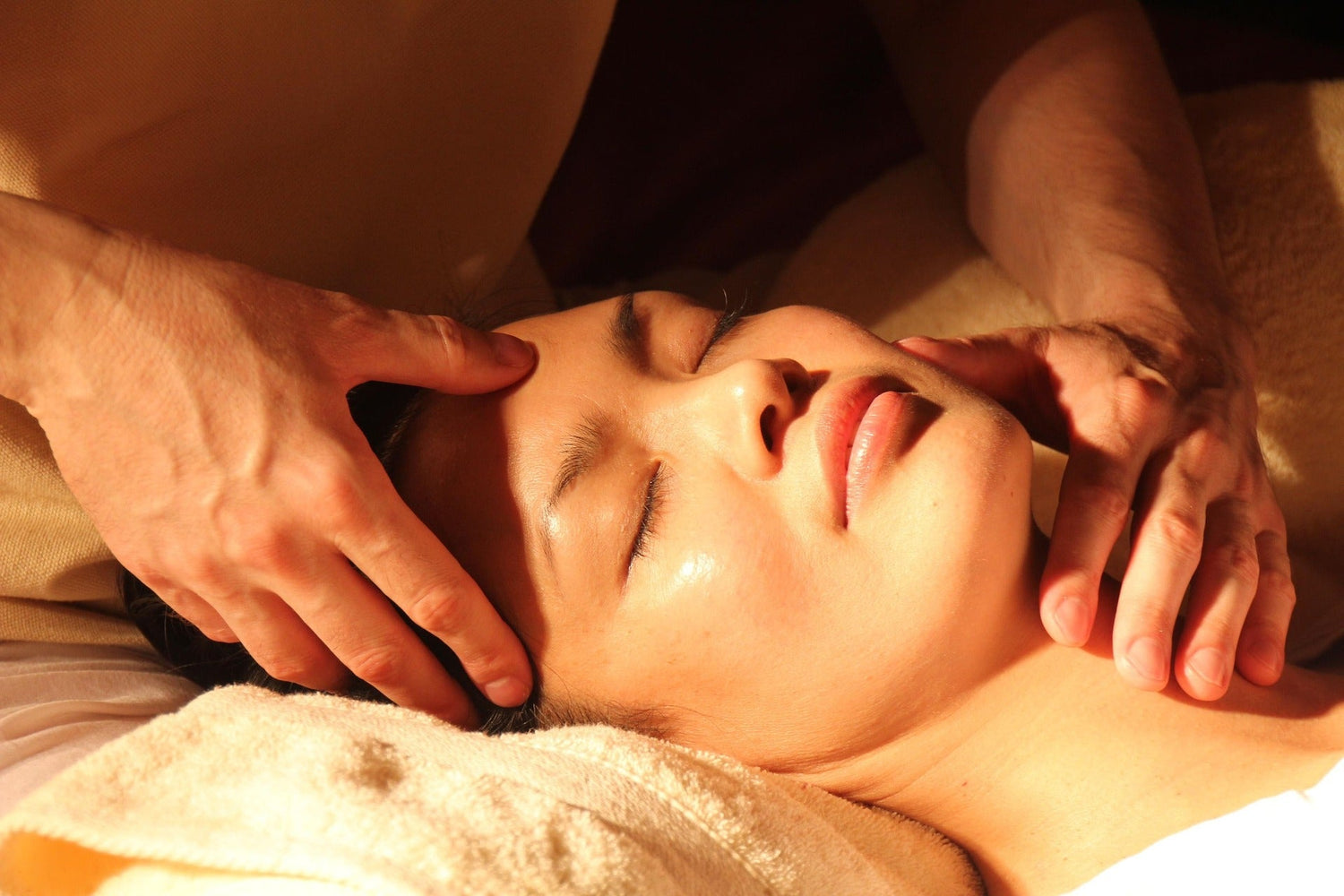
Wellness in China vs Western Practices: What's the Real Difference?
Is wellness about energy flow or hitting 10,000 steps? Should you drink goji berry tea or take collagen supplements?
If you've ever wondered why wellness routines look so different between China and the West, you're not alone. In a globalized world where both Traditional Chinese Medicine (TCM) and Western wellness trends coexist, understanding their core philosophies helps us make more intentional choices.
🧘 What Does Wellness Mean in China vs the West?
In China, "养生" (Yangsheng) is more than a trend—it’s a lifestyle rooted in ancient philosophy. Wellness is about balance, prevention, and living in harmony with nature and your own rhythm.
In contrast, the Western approach to wellness often emphasizes:
-
Optimization
-
Fitness goals
-
Supplements
-
Productivity
Western wellness sees the body as a machine that can be tuned, tracked, and upgraded—while Chinese wellness sees it as an ecosystem to balance and nurture.
🌱 Chinese Wellness: Harmony, Nature, and Ritual
Chinese wellness focuses on:
-
🌿 Food as medicine: “药食同源” — medicine and food are from the same source
-
🧘 Gentle movement: Tai Chi, Qigong, and walking—not HIIT
-
☯️ Yin and Yang balance: Emotional regulation and living with the seasons
-
🫖 Herbal tonics & teas: Goji berries, red dates, and chrysanthemum instead of coffee
It’s less about quick fixes and more about long-term, ritualized care—from daily foot soaks to “warm” foods in winter to maintain inner balance.
💊 Western Wellness: Science, Supplements, and Self-Improvement
Wellness in the West is typically driven by:
-
💪 Structured fitness (gyms, apps, bootcamps)
-
💊 Vitamin/supplement culture (collagen, adaptogens, probiotics)
-
🧠 Mental health support (therapy, journaling, biohacking)
-
📊 Data & devices (sleep trackers, wearables, hormone tests)
Here, wellness is a project—something to manage and improve with goals, tools, and optimization strategies.
🤔 Is One Approach Better?
That depends on what you need.
-
Feeling burned out? A TCM retreat with acupuncture and mindful tea rituals might help you slow down.
-
Need to reset after a long winter? A gym program and vitamin D boost might get you back on track.
The best of both worlds might be what many are already doing:
drinking ginseng water after a morning run, or combining mindfulness with tech-enabled sleep tracking.
At Puyu, we believe there’s wisdom in both worlds.
Want to explore how ancient Chinese healing meets modern lifestyle? 🌿 Subscribe to our newsletter to stay in touch. We’ll share wellness trends, retreat openings, and practical healing tips from across China’s mountains and temples.
🧠 What do YOU think wellness should look like? More herbs or more workouts? Let us know—your voice matters.


